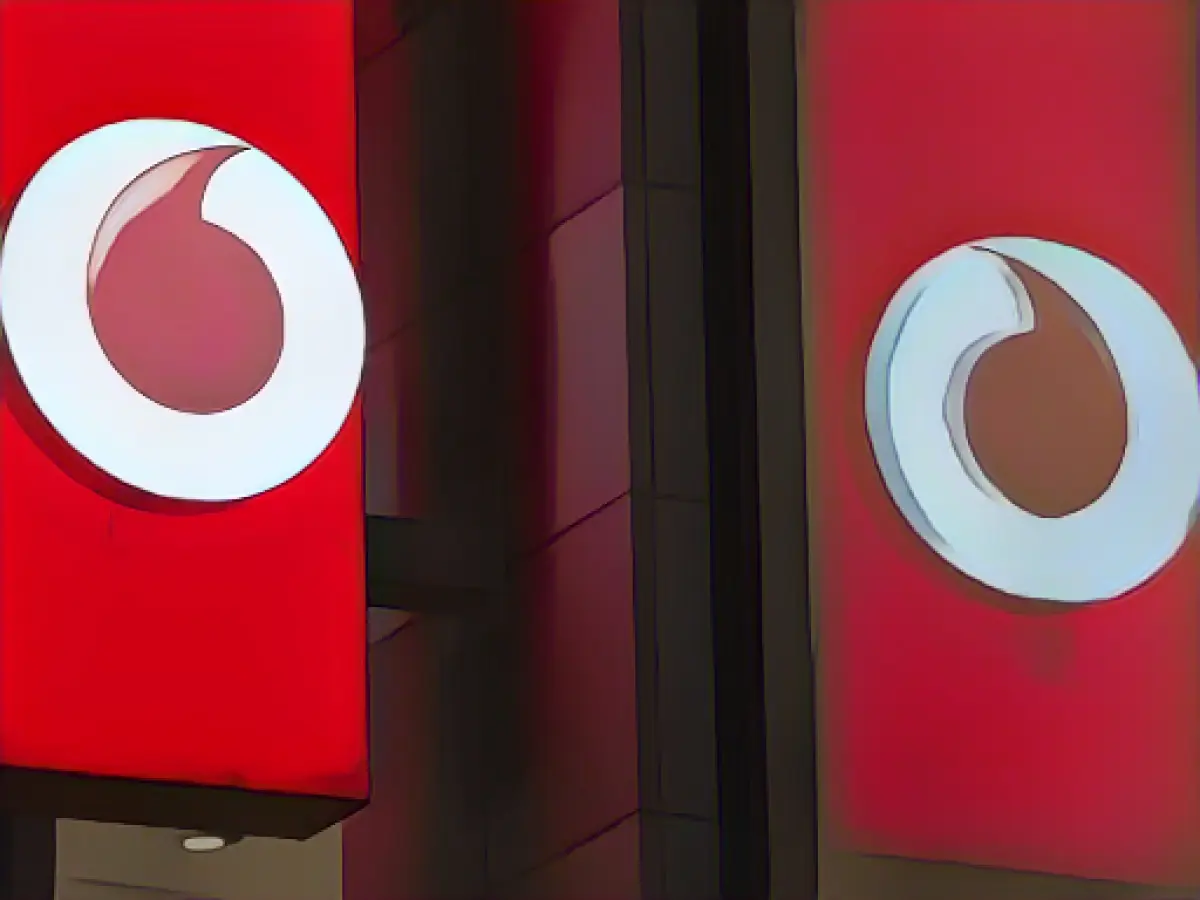Vodafone Faces Controversy Over Fixed-Line Internet Price Hikes
In a recent turn of events, telecommunications giant Vodafone is under scrutiny due to alleged price increase violations in their fixed-line Internet services. The German Consumer Protection Federation (vzbv) has filed a lawsuit against Vodafone, claiming the price hikes as unlawful, marking one of the initial proceedings stemming from a recently enacted federal law.
Customers affected by the price surge can register to participate in a class action initiated through the forthcoming registration of claims, which vzbv expects to open within a few weeks. The lawsuit against Vodafone was filed in the Hamm Higher Regional Court, making it one of the first cases of its kind relating to the new legislation.
The boost in prices for Vodafone’s fixed network tariffs – ranging from cable and DSL – commenced in the spring, escalating by an additional five euros per month. Examples include a gigabit cable customer, whose monthly fee increased from 40 to 45 euros. Approximately ten million customers were impacted by these changes, while mobile and fixed fiber optic network contracts remained unaffected.
Vodafone stands by its statement that they have strictly adhered to applicable regulations, justifying the price hike due to escalating costs for energy and materials. A company spokesperson reports that the majority of German corporations have raised prices in recent months to counteract inflation. However, the rising expenses have necessitated "moderate adjustments" to fixed network prices.
Price Hikes in the Telecommunications Sector
Vodafone is not the only telecommunications provider to implement price increases in 2022. Competitor 1&1 has also raised prices. The class action lawsuit is not aimed at these companies; rather, vzbv wishes to pinpoint Vodafone as the leading example of illegal price increases due to their influential market position.
Vodafone provided its customers with a special right of termination in response to the price hikes; however, this is not considered satisfactory by consumer advocates. These organizations argue that Vodafone should not have unilaterally increased prices for existing contractual relationships without engaging in renegotiations with customers.
"The vbzv considers Vodafone's price increases to be ineffective," states Ramona Pop, the head of the association. The class action lawsuit aimed at Vodafone is intended to reimburse millions of affected customers directly. According to Pop, five euros extra per month is a significant financial impact for many. The lawsuit eases the process for consumers defending against the price increase within the court system.
Impact on the Economy and Industry
Prior to the class action lawsuit, consumers with concern about allegedly unfair contractual relationships were unable to receive compensation directly via model declaratory actions. This process often required laborious judicial proceedings.
However, if the court rules in favor of the consumer, an official confirmation of the unlawful act by the corporation is issued; nonetheless, the citizen must initiate the process of requesting payment from the company, potentially involving additional legal action. Direct confrontation with a corporation has often presented a substantial inhibition threshold for several consumers.
The class action lawsuit against Vodafone is anticipated to have a significant impact on the telecommunications industry. In the event of a positive verdict, the court appoints a designated administrator who collects payments from the defeated company, assesses consumer claims, and subsequently transfers monetary compensation to the affected parties. This process eliminates the need for consumers to confront the corporation directly, thus simplifying the process for individuals seeking reimbursement.
Although specifically targeting Vodafone and a five euro increase per month, the outcome could have consequences for the industry as a whole. Companies could reconsider raising prices in existing contracts if faced with sizable financial consequences and potential deterrent effects in future price increases.
It is essential to note that the source information does not contain any details regarding court decisions or the response from the Hamm Higher Regional Court to the class action lawsuit against Vodafone. Prospective data sources for determining the court's ruling and its overall impact on the telecommunications industry would encompass legal news publications or court records connected to Germany-specific jurisdictions.







